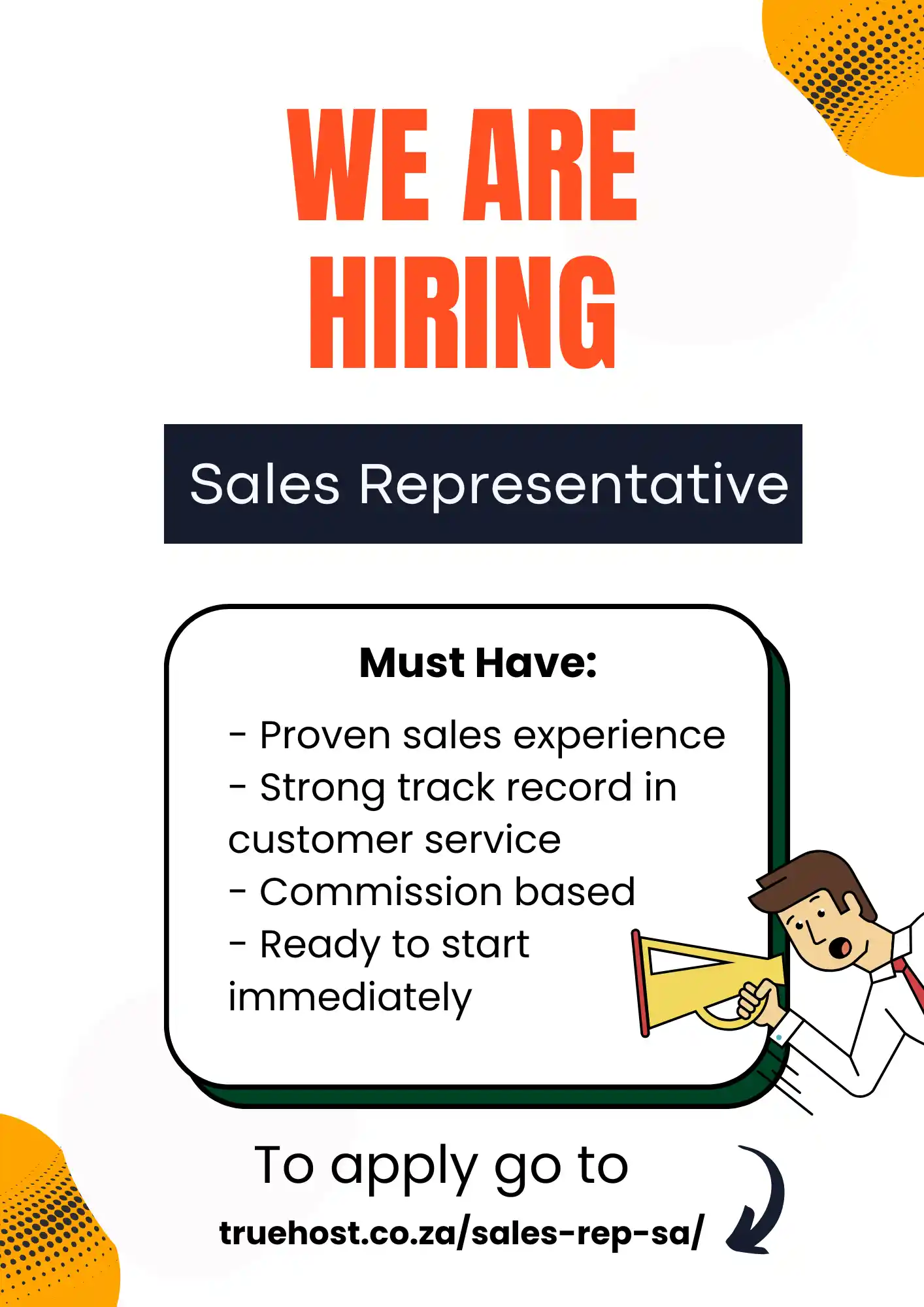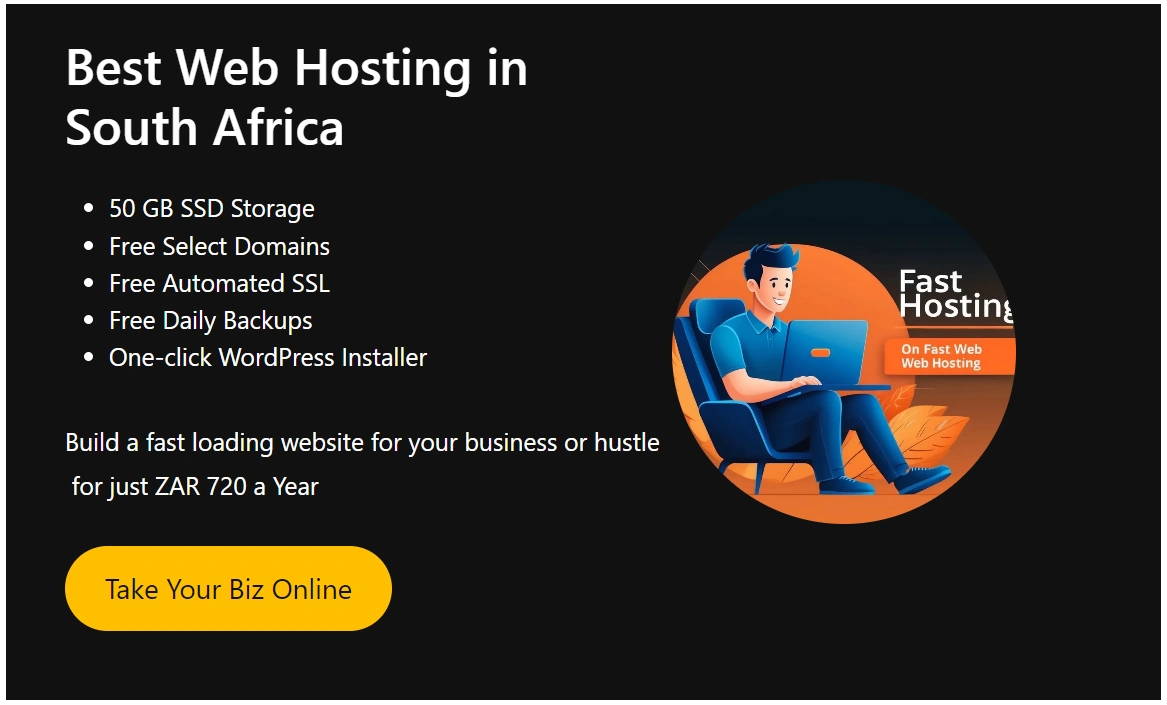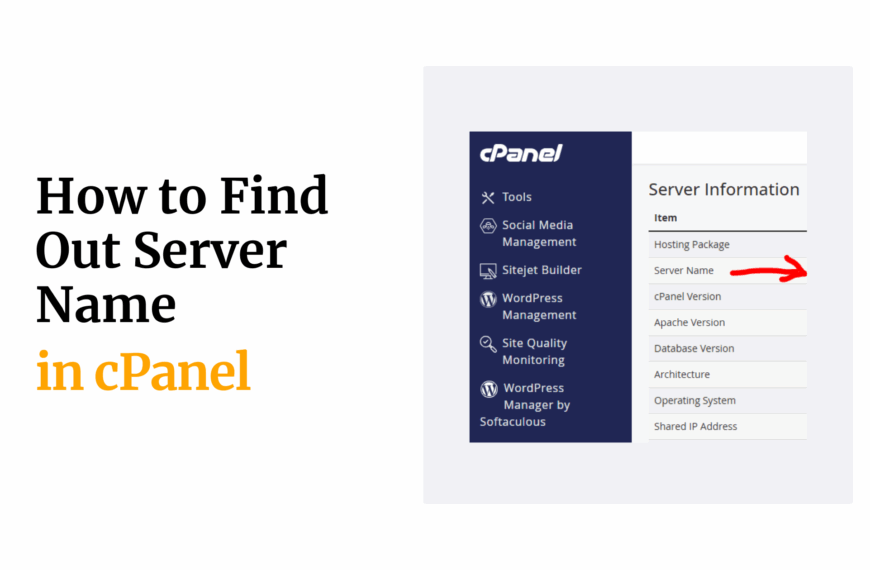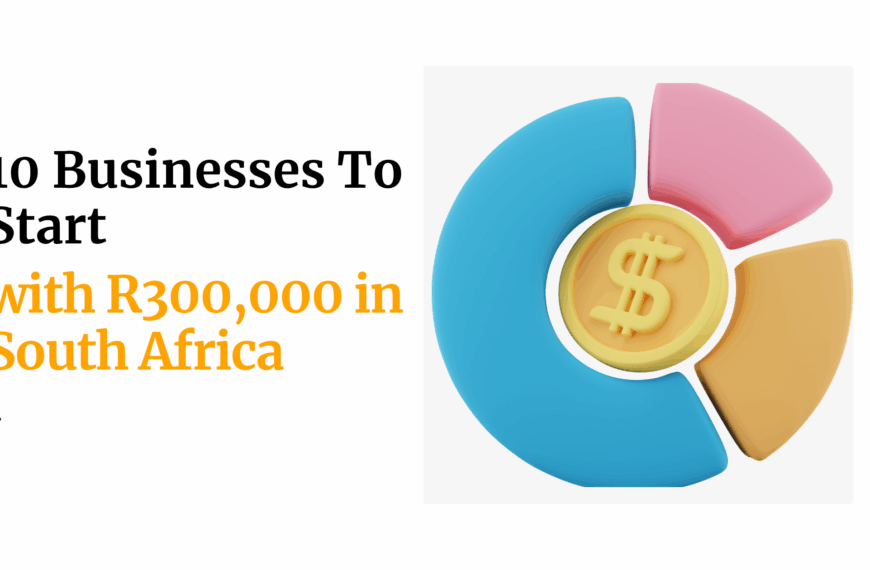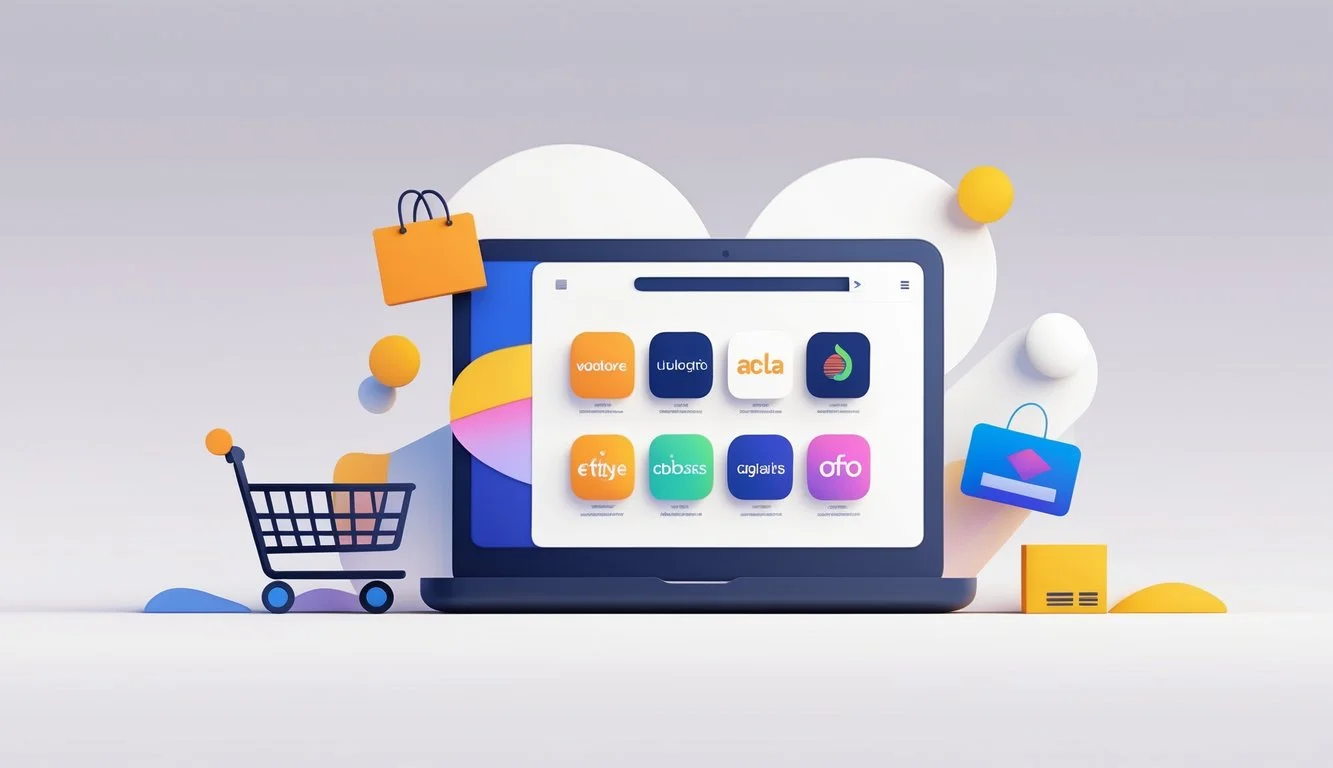Last updated on May 1st, 2025 at 04:42 pm
Starting with just R1000 can feel limiting, but in South Africa, that small amount can open the door to real business opportunities.
It does not take a huge budget to start earning extra income or take your first step as an entrepreneur.
There are many businesses you can launch with R1000, and some of them can even be run from home.
You can start ventures like a mobile lunch service, freelance writing, or even a small consulting business with only R1000.
These options are not only affordable to set up but also meet real needs in your community. For example, selling lunches, proofreading, tutoring, or running a mobile laundry can all begin with this small investment.
Table of Contents
Key Takeaways
- R1000 is enough to start many simple businesses in South Africa.
- Focus on services and skills that meet local needs.
- Success comes from clear planning and practical steps.
About Business Ideas Under R1000
Now, if you want to start a business with R1000 in South Africa, you need a clear plan.
We’re talking:
- Picking the right business model
- Thinking about market demand
- Handling risks
- Reinvesting profits
- Looking for ways to get more capital
- Considering asset financing
Some ventures need just a minimum balance to get off the ground, while others require more planning.
Your main focus is to spend less and earn more. Simple businesses, low-cost tools, or skills you already have will help you start faster and keep costs low.
Here’s what to look out for as you find and shape your business under R1000.
Low-Cost Business Models
With R1000, choices are limited, so you need business models that don’t require a large starting sum.
Many people use their small investment to buy inventory for products like handmade crafts, snacks, or beauty products.
You can also provide services, such as tutoring, cleaning, dog walking, or helping with house or garden tasks.
An online business is another popular option. Examples include selling digital designs, reselling popular items, or launching a basic online store.
With these models, most costs go to basics, such as buying data, setting up a simple website, and marketing through free or low-cost channels like social media.
A minimum balance is often enough to cover these initial needs. It’s best to use your personal skills or interests so you can avoid spending more on training or extra equipment.
Assessing Market Demand
Even with a low budget, knowing what people want is important. Before you spend any money, take time to check if there is real demand in your area or online.
- Ask friends, neighbors, and people in your community about their needs.
- Use free online tools and social media to spot trends.
- Visit local markets or search online to see who your competition is and what they offer.
If you notice lots of people asking about a service or product, that’s a good sign. Businesses like selling fast-moving goods, providing tutoring services, or setting up small online businesses usually meet steady demand.
Focusing on immediate needs—like food, essential services, or quick solutions—helps you avoid slow sales.
This step protects your investment and boosts your chances of making a profit quickly.
Mitigating Financial Risks
Even when starting with a low amount, safeguarding against losses and mistakes is crucial as every coin counts.
You want to work within your budget and keep detailed records of what you spend.
Don’t take on unnecessary debt or buy in bulk before you know you can sell everything.
Simple tips to reduce risk:
- Start small and only invest more if you see sales.
- Compare prices before buying supplies or equipment.
- Choose pay-as-you-go or no-contract services to avoid long-term commitments.
- Consider business ideas where customers pay in advance.
Track expenses and keep a written list of all income and costs. This helps you spot risks early and gives you a clear view of how your business is doing.
If you see problems, adapt quickly without risking more of your money.
Profitable Small Business Opportunities in South Africa
It’s important to invest in a plan with low risk and a chance for real profit. Not every idea needs special skills, and you do not always need a lot of equipment or capital.
Some people focus on services, while others earn online or resell goods.
There are also people who create and sell things they make with their hands.
Finding a business model that fits your skills and market needs can help you start small and grow. It is possible to make your R1000 work for you with the right approach.
1) Service-Based Ventures
Service businesses tend to need less startup money because you do not have to buy stock or pay large upfront fees.
House or office cleaning services, laundry, or car washing are in high demand.
You can also offer tutoring, babysitting, or helping neighbors with shopping.
Many people in South Africa have started small cleaning, gardening, and errand-running companies and kept costs low from the start.
In your area, consider what skills or jobs people need help with most. Service ventures are also flexible—you can work before or after your main job.
Quick Startup Examples:
- Start a home cleaning service with just basic supplies.
- Offer dog walking or pet sitting.
- Run errands for older adults or busy families.
2) Digital and Online Enterprises
A reliable phone and some data are often all you need to get started online. You can use your business budget to cover mobile data or buy simple tools for social media marketing.
Common online business ideas include:
- Running a dropshipping store
- Providing copywriting
- Offering virtual assistant services
- AI Consulting services
- Other consulting services
- SEO writing
- Social media management
You could also sell digital products like e-books or design simple marketing graphics for small companies.
Online business ideas often require fast learning, but you can train using free videos and resources. Advertising your services on social platforms keeps costs low.
Some of these ventures need only your skills and a good internet connection.
Popular Digital Ideas:
- Set up, promote, and manage social media pages for local shops.
- Design flyers, menus, or logos using free design apps.
- Offer to tutor students online in subjects you know well.
3) Product Reselling Businesses
Reselling is about buying things at a low price and selling them for a profit. Start by finding a few items people in your area want—sweets, chips, toiletries, or secondhand clothes.
With R1000, you can buy a small batch of goods, sell to friends, neighbors, or at a market, and use your profit to buy more stock.
Some people succeed by selling batteries, phone accessories, or household basics at taxi ranks, bus stops, or school gates.
Look for suppliers who offer bulk discounts. Always focus on items that turn over fast so you can reinvest quickly.
Popular Things to Resell:
- Snacks and drinks at busy places.
- Used mobile phones or accessories.
- Fresh fruit and vegetables.
| Product | Startup Cost | Profit Margin |
| Snacks | R500–R1000 | 25–50% |
| Vegetables | R500 | 20–30% |
| Phone Chargers | R800 | 20–40% |
4) Creative and Craft-Based Startups
People who love creating things can sell handmade items like jewelry, beaded crafts, or home decor.
Materials can cost less than R1000, especially if you buy only what you need at first.
Try selling at flea markets, spaza shops, or to contacts through social apps. Card making, photo printing, or upcycling clothes are other options that use basic tools and quick internet ads for marketing.
If you offer custom products that meet local trends or cultural needs, you can charge a bit more for your work.
The key is to show off your skills to as many people as possible.
Craft Business Ideas:
- Create and sell beaded necklaces or bracelets.
- Design personalized greeting cards.
- Paint small canvases or mural art for kids’ rooms.
All these business ideas let you invest small to get started and build up as you learn and get more customers.
Steps to Launching a Business With Limited Capital

Launching a business withlimited capital in South Africa is possible when you plan well and use your money wisely. Small investments, careful budgeting, and focusing on services that need minimum balance can get you started.
Simple tools, good communication, and legal checks make sure your business is set up right.
Building a trusted client base will keep your business moving forward.
Budgeting and Financial Management
Start by writing down every cost you expect.
This includes supplies, transport, data, printing, and marketing.
Even if the amount is small, every rand must be accounted for. Stick to only what you need to launch.
A basic budget should look like this:
| Item | Estimated Cost (R) |
| Business cards | 100 |
| Starter stock | 700 |
| Data/Internet | 100 |
| Flyers/Advertising | 100 |
| Balance | 100 |
Track your spending with a notebook or free app. That way, you don’t run short.
Keep the minimum balance you need to run daily operations. Only invest extra funds once you have steady sales. This keeps you safe from running out of cash.
Review your costs every week. Trim or pause spending that doesn’t bring in sales.
Legal Registration and Compliance
Every business in South Africa must meet basic legal rules.
The simplest way is to register as a sole trader. For most start-ups, you can do this for little to no cost using the CIPC website.
Registering your business makes it trustworthy. It lets you apply for a business bank account too.
Check if your business needs special permission or licenses. Some businesses, such as selling food, require health permits. Understand tax rules from the start. Even with low income, you may need to register with SARS.
List the essentials:
- Register as a sole proprietor or small business.
- Open a separate business bank account (if possible).
- Get any licenses needed for your trade.
- Learn the basics about VAT, even if you’re not yet required to pay.
You want to avoid fines or getting blocked from trading.
Building a Client Base
Start by telling family, friends, and neighbors what you offer. Word of mouth is free and strong. Design a simple flyer or business card to hand out locally.
Use WhatsApp, Facebook, and free online groups in your area. Post updates about what you sell or the services you provide. Share pictures and good customer reviews.
Simple ways to get more clients:
- Join local WhatsApp and Facebook groups.
- Offer small introductory discounts.
- Leave flyers at schools, churches, or taxi ranks.
- Ask every customer to refer you to one new person.
Respond quickly when clients message or call. Keep your promises. People trust businesses that show up on time and do what they say they gonna do.
You can also resell products, offer service-based work, or try digital marketing on a small scale as explained in businesses you can start for under R1000.
Stay organized. Keep a list of people who buy from you. Follow up with them and thank them for their support. This helps turn once-off buyers into regular clients.
FAQS

What are some low-cost business ideas that can be started in South Africa?
You can start a mobile car wash, bake and sell goods, or resell thrift clothing with little upfront cost.
Starting a small cleaning service or offering gardening help also requires very little money to begin. Creating flyers, selling snacks, or running errands for people are other ways to get going with just R1000.
More ideas include making custom jewelry or crafts, starting a small street food stall, or even renting out equipment you already own.
How can I turn R1000 into a profitable business in South Africa?
Begin by picking a business that matches skills you already have, so you avoid extra costs. Spend your R1000 on basics like materials or small tools — only buy what you really need.
Keep your first customers happy and ask for referrals. Use free social media to promote your services and reach new clients without spending money. Always keep track of your spending and profit so you know what is working and what needs to change.
What is the most profitable business in SA?
It’s tough to pin down a single “most profitable” business in South Africa because profitability depends on factors like market demand, scalability, startup costs, and execution.
- eCommerce and online retail
- Renewable energy solutions
- Digital marketing agencies
- Agribusiness
Among these, e-commerce often has the edge for new entrepreneurs due to its low entry barriers and global reach.
For instance, dropshipping in popular categories like clothing or electronics can yield significant returns with minimal investment—some South African dropshippers reportedly earn over $100k annually with the right strategy.
Meanwhile, renewable energy offers massive potential for those with capital to invest, given the urgent need for alternative energy solutions.
Ultimately, the “most profitable” business depends on your skills, resources, and market research.
A small-scale e-commerce store or digital marketing service might be the best bet for low startup costs, while renewable energy or agribusiness could maximize profits with larger investments.
Always research local demand and competition before diving in.
 Web Hosting
Web Hosting Windows HostingBuilt for Windows apps and websites – stability, speed and flexibility
Windows HostingBuilt for Windows apps and websites – stability, speed and flexibility Reseller HostingLaunch a hosting business without technical skills or expensive infrastructure
Reseller HostingLaunch a hosting business without technical skills or expensive infrastructure Affiliate ProgramRefer customers and earn commissions from sales across our platform
Affiliate ProgramRefer customers and earn commissions from sales across our platform Domain SearchFind and secure a domain name in seconds with our quick lookup tool
Domain SearchFind and secure a domain name in seconds with our quick lookup tool CO ZA Domains
CO ZA Domains All DomainsExplore domain names from over 324 TLDs globally – all in one place
All DomainsExplore domain names from over 324 TLDs globally – all in one place Free Whois Lookup Tool South Africa
Free Whois Lookup Tool South Africa VPS
VPS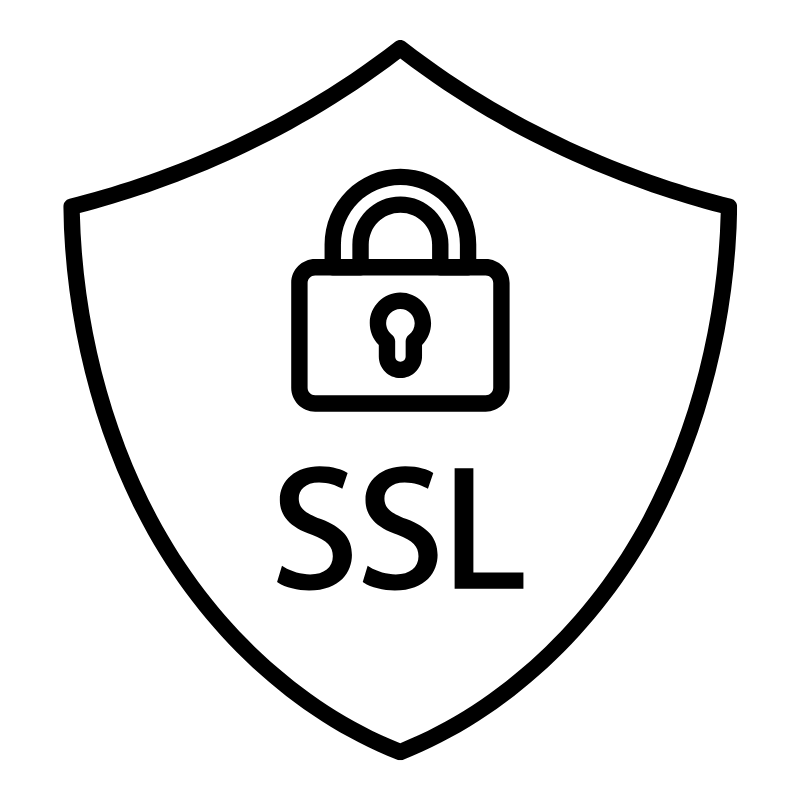 SSLs
SSLs